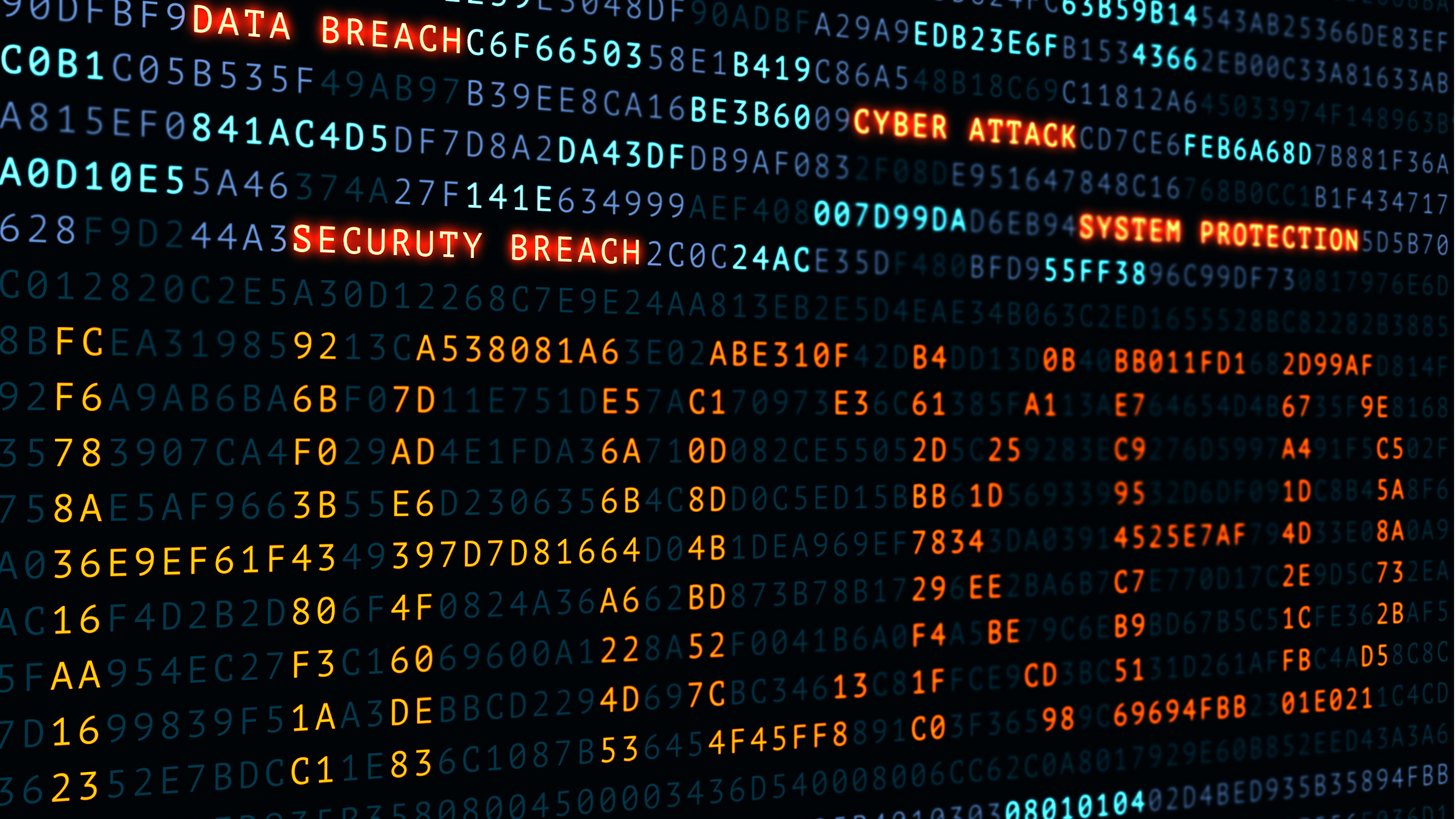Spectacular Takedown: The Closure of EVPAD's Massive Illegal Streaming Site
Unmasking the Giant: EVPAD's P2P Network
An undercover investigation revealed that EVPAD's network, powered by peer-to-peer (P2P) libraries, facilitated rapid content distribution across a staggering 78 servers. This intricate web enabled the illegal streaming of movies and TV shows to a massive global user base. Korea University's digital sleuths meticulously mapped out the operation, bringing to light the sheer volume and audacity of this illicit enterprise.
The Audacity of Scale
"The fight against intellectual property theft is never over," said a spokesperson from the Cyber Crimes Division. "Each victory pushes us closer to a safer, fairer world."
- 24,934 movies and series were distributed via 78 servers.
- A sophisticated system kept it operational despite attempts at shutdowns.
- EVPAD tapped into a massive user base, providing content illegally to over 131,000 people.
Technical Demolition: Strategies Used
The researchers employed cutting-edge forensic IT strategies to infiltrate the site structure. These included network analysis, fake content uploads that acted as digital tracers, and collaboration with international cybercrime units. Their efforts culminated in the coordinated takedown of EVPAD's distribution nodes, effectively disconnecting the illicit streaming service.

The Impact on Digital Content Distribution
With the closure of EVPAD, the digital content industry witnesses a significant victory against piracy. These efforts, however, shine a light on the looming threat of illicit streaming services, prompting a reassessment of current digital protection measures. Industry leaders continue to advocate for stronger global regulations to curb the proliferation of similar services.
User Implications and Awareness
The takedown not only reduces illegal accessibility but also promotes awareness among users about digital piracy risks. It's a call to action for consumers to rely on authentic channels for content consumption. Streaming devices on Amazon cater to promotional channels, allowing consumers to enjoy media legally and at a fair cost.
Korea University's intervention has set a precedent in digital rights protection, showcasing potential pathways for future operations against digital piracy. As the global community becomes increasingly interconnected, cross-border collaborations strive to protect intellectual property, ensuring fair practices and creativity are duly rewarded.
